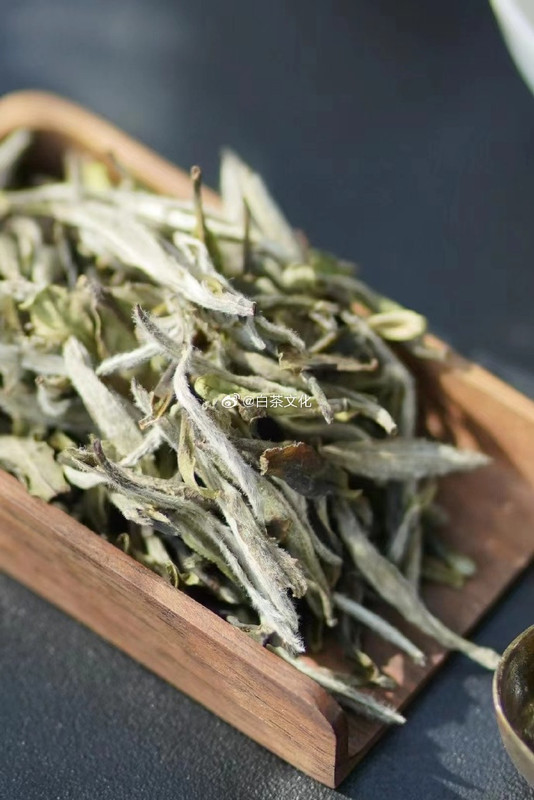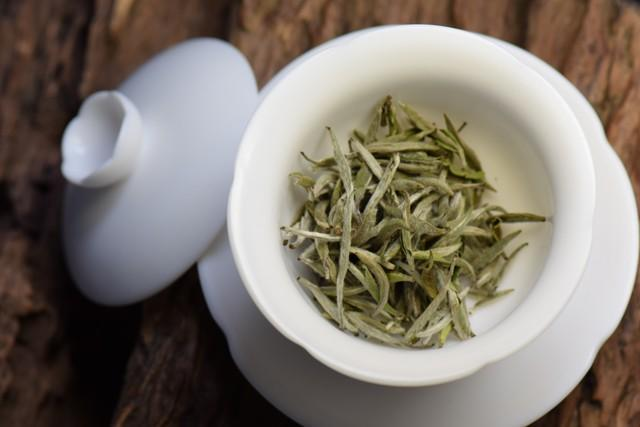White tea, one of China’s six classic tea types, has long been revered for its delicate flavor and medicinal properties. Crafted from the youngest tea leaves and buds, which are minimally processed and air-dried, white tea retains abundant bioactive compounds. Emerging research highlights its potential as a functional beverage, offering a range of health benefits from cellular protection to metabolic support.

1. Antioxidant Powerhouse
White tea is exceptionally rich in polyphenols, particularly catechins and gallic acid, which neutralize free radicals linked to aging and chronic diseases. A 2021 study in Antioxidants found that white tea extracts demonstrated higher antioxidant activity than green tea, due to its lower caffeine content and higher preservation of natural enzymes during processing. These compounds help reduce oxidative stress, protecting cells from damage.
2. Cardiovascular Health
Studies suggest white tea may improve heart health by lowering LDL cholesterol and reducing inflammation. A 2020 review in the Journal of Functional Foods linked regular white tea consumption to improved blood vessel function and reduced risk of atherosclerosis. Its flavonoids, such as quercetin, promote healthy blood pressure and inhibit plaque buildup.
3. Anti-Cancer Potential
Preliminary research indicates white tea may inhibit cancer cell growth. A 2019 study published in BMC Complementary and Alternative Medicine showed that white tea extract suppressed proliferation in colorectal cancer cells by inducing apoptosis (programmed cell death). Its polyphenols, particularly epigallocatechin gallate (EGCG), are believed to disrupt cancer cell signaling pathways.
4. Neuroprotective Effects
White tea’s caffeine and L-theanine content may enhance cognitive function and protect against neurodegenerative diseases. A 2022 study in Nutrients found that white tea consumption improved memory and reduced anxiety in mice, likely due to its anti-inflammatory and antioxidant actions. It also shows promise in mitigating Parkinson’s and Alzheimer’s disease risks.
5. Antimicrobial and Antiviral Activity
White tea extracts exhibit antibacterial and antiviral properties. A 2021 study in Frontiers in Microbiology reported that white tea polyphenols inhibited the growth of Staphylococcus aureus and E. coli, while another study suggested potential against influenza viruses. These properties make it a natural remedy for oral health and immune support.
6. Metabolic Health and Weight Management
White tea may aid in weight loss by boosting metabolism and fat oxidation. A 2018 clinical trial in Nutrition & Metabolism found that white tea extract increased energy expenditure and reduced abdominal fat in overweight participants. Its caffeine and EGCG content synergistically enhance fat burning and insulin sensitivity.
7. Skin Health
Topical applications of white tea extract are gaining traction in dermatology. Its anti-inflammatory and antioxidant properties help reduce acne, soothe sunburn, and combat signs of aging. A 2020 study in the Journal of Cosmetic Dermatology highlighted its potential in inhibiting UV-induced skin damage.
Conclusion
While white tea’s medicinal potential is promising, it is important to note that human studies are still evolving. Its benefits are most pronounced when consumed regularly as part of a balanced lifestyle. As a natural, low-caffeine alternative to other teas, white tea offers a holistic approach to wellness, blending ancient wisdom with modern science. For those seeking preventive care or complementary support, this gentle brew may be a valuable addition to their health regimen.



